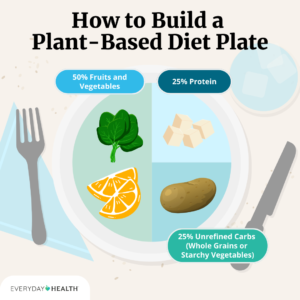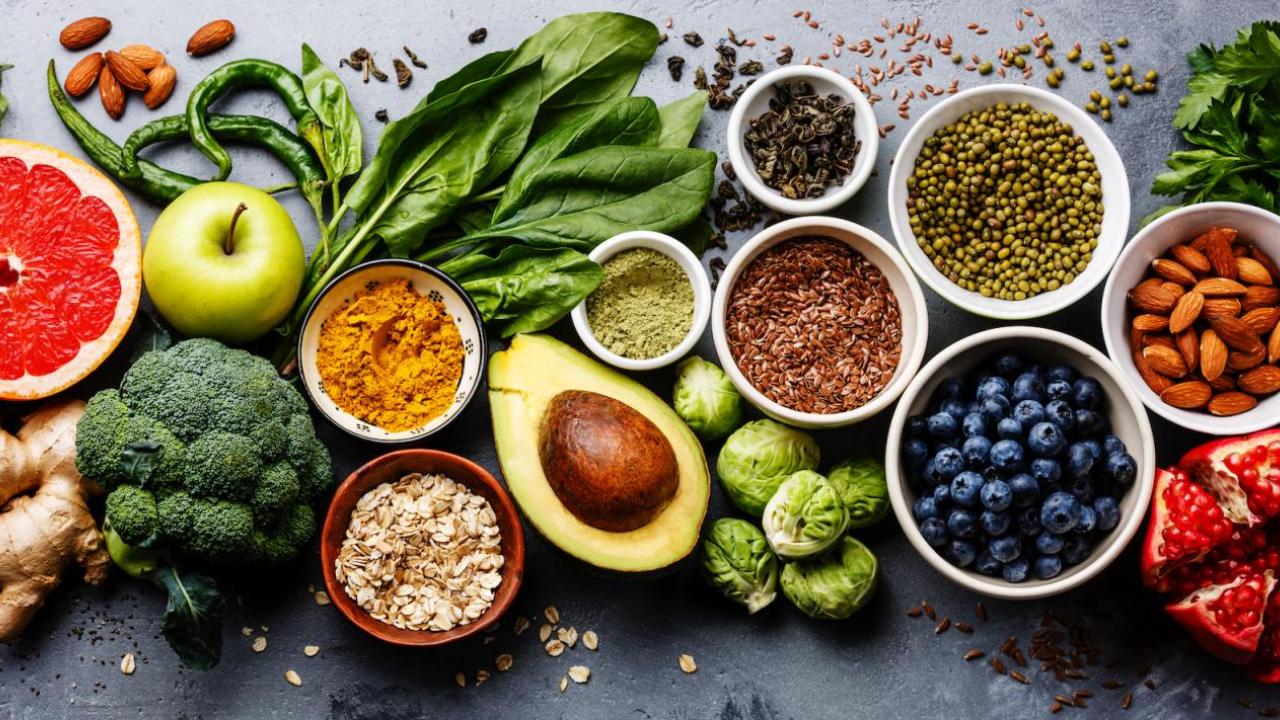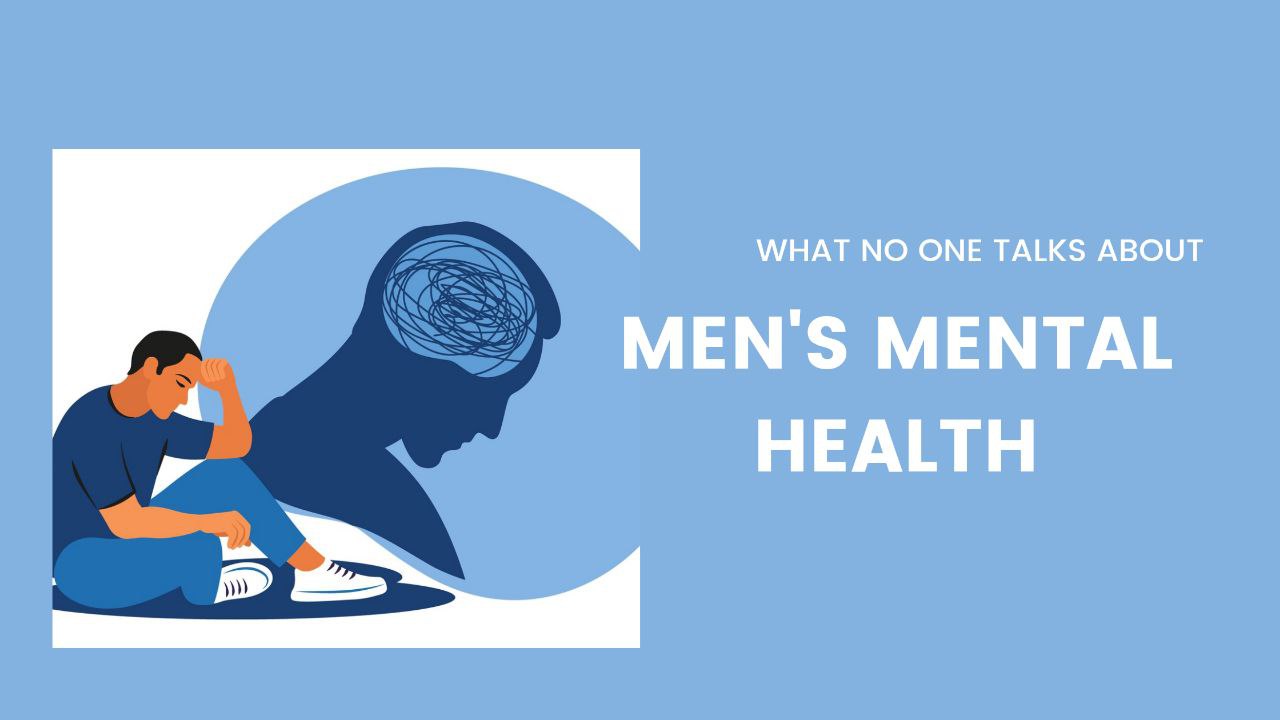Discover the science-backed benefits of plant-based diets, debunk common myths, and learn how to transition smoothly. A must-read guide for beginners and health seekers.
Introduction
Plant-based diets aren’t just a trend — they’re a movement reshaping how we eat, live, and thrive. As someone who has been in the health blogging world for over 15 years, I’ve seen fads come and go, but plant-based eating is here to stay. Whether you’re looking to lose weight, boost energy, prevent chronic disease, or simply eat more mindfully, transitioning to a plant-based diet can be life-changing.
In this post, we’ll explore what a plant-based diet really is, its health benefits backed by science, debunk the most common myths, and give you practical tips to get started — all optimized for those searching for the real deal on plant-based diets.
What is a Plant-Based Diet?
A plant-based diet emphasizes whole, minimally processed foods that come from plants. This includes:
- Fruits and vegetables
- Whole grains (like oats, brown rice, and quinoa)
- Legumes (beans, lentils, peas)
- Nuts and seeds
- Plant-based oils (like olive oil and avocado oil
Contrary to popular belief, a plant-based diet doesn’t necessarily mean vegan or vegetarian. It simply prioritizes plant foods while minimizing or eliminating animal products.
Top Health Benefits of a Plant-Based Diet
The popularity of plant-based diets isn’t just driven by celebrities or documentaries. Scientific research backs its benefits:
1. Weight Management
People who follow plant-based diets typically have lower body weights. Whole plant foods are naturally lower in calories and high in fiber, helping you feel full longer.
2. Heart Health
A 2019 study published in the Journal of the American Heart Association found that plant-based diets reduce the risk of cardiovascular disease by lowering blood pressure and improving cholesterol levels.
3. Reduced Risk of Type 2 Diabetes
Diets rich in plant foods and low in processed meats and refined carbs help regulate blood sugar and reduce insulin resistance.
4. Improved Gut Health
Plant foods contain prebiotics that nourish the gut microbiome, improving digestion, immunity, and even mood.
5. Lower Cancer Risk
The fiber, antioxidants, and phytochemicals in plants are powerful tools in reducing the risk of several types of cancer.
Common Myths About Plant-Based Diets (Debunked)
Myth 1: You won’t get enough protein.
Truth: Lentils, chickpeas, tofu, tempeh, quinoa, and nuts provide plenty of protein. You don’t need meat to meet your protein goals.
Myth 2: Plant-based diets are expensive.
Truth: Staple foods like beans, rice, oats, and seasonal veggies are among the cheapest foods in grocery stores.
Myth 3: It’s boring.
Truth: From Thai curries to Mexican bean bowls, plant-based cooking opens up a world of flavor.
Myth 4: You need to be 100% vegan.
Truth: Even shifting to 70-80% plant-based can make a significant difference in your health and the environment.
How to Start a Plant-Based Diet: Simple Tips for Beginners

1. Start Small
You don’t have to go all-in overnight. Begin with one plant-based meal per day — like oatmeal for breakfast or a veggie stir-fry for dinner.
2. Plan Your Meals
Batch-cook grains, beans, and veggies to make weekday meals easy and quick.
3. Focus on Whole Foods
Avoid the trap of junk food labeled as “plant-based.” Stick to real, whole ingredients.
4. Experiment with Spices & Sauces
Flavors make or break a plant-based dish. Learn to use herbs, garlic, tahini, soy sauce, lemon juice, and chili for amazing taste.
5. Track Your Nutrients
Pay attention to B12, iron, omega-3, and calcium — you may need a supplement or fortified foods.
Sample 1-Day Plant-Based Meal Plan
Breakfast: Chia seed pudding with almond milk, bananas, and walnuts
Lunch: Quinoa bowl with black beans, avocado, roasted sweet potatoes, and tahini drizzle
Snack: Hummus with carrots and cucumber
Dinner: Chickpea curry with brown rice and steamed greens
Dessert: Dark chocolate with almonds
Why the World is Moving Towards Plant-Based Eating
Beyond personal health, people are embracing plant-based diets for sustainability. According to the United Nations, reducing meat consumption is crucial to slowing climate change. The production of plant foods has a lower carbon footprint and uses less water and land.
Final Thoughts
Adopting a plant-based diet doesn’t have to be extreme. Even small changes can bring big benefits — for your body, the planet, and your wallet. Start with one meal, one week, or one food swap at a time.







